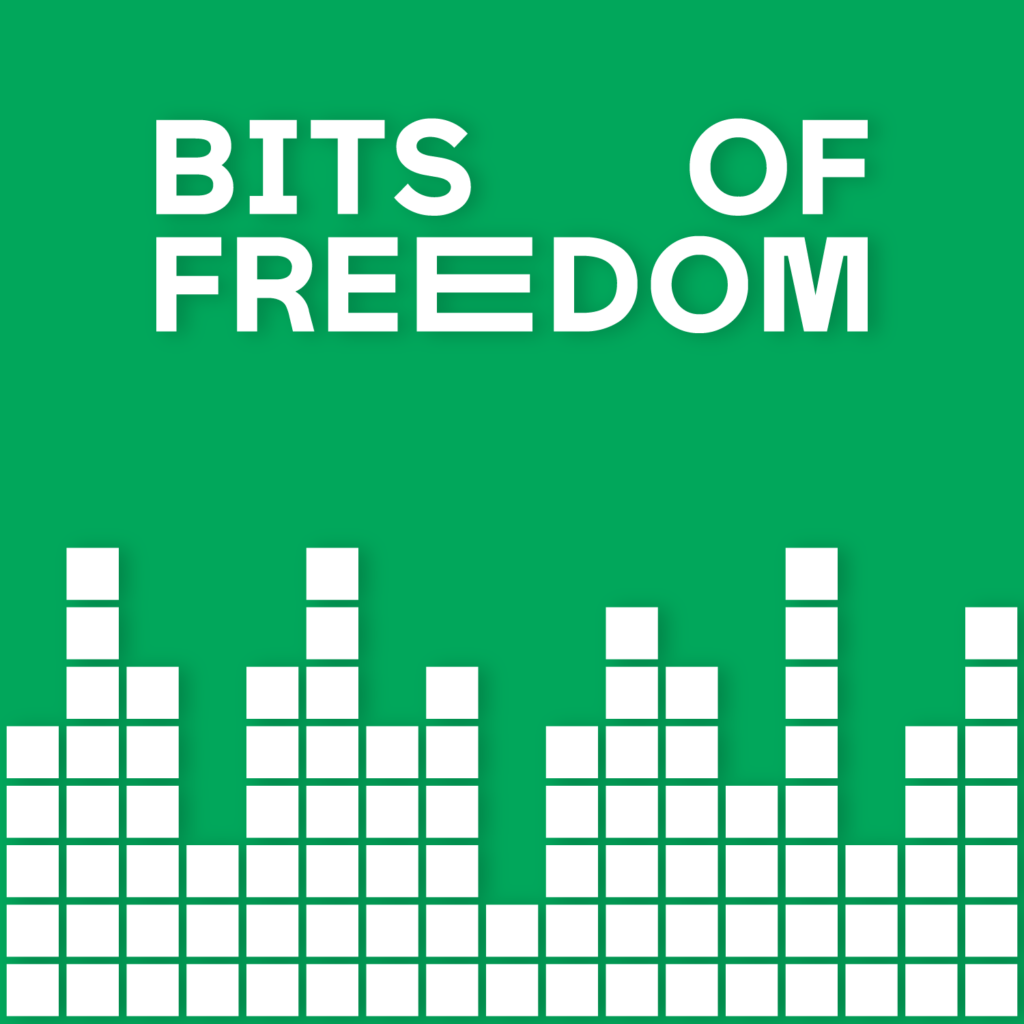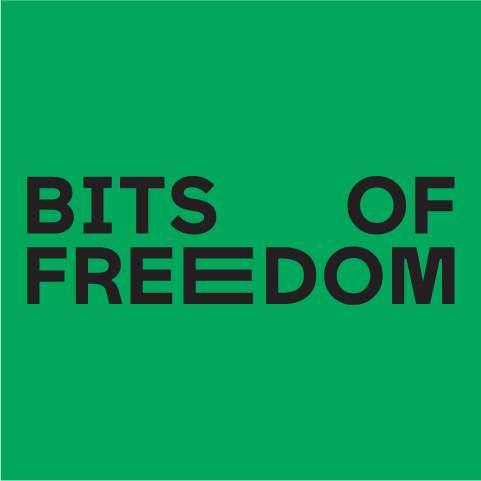The Public Interest vs. Big Tech
Meer dan twintig maatschappelijke organisaties actief in het Nederlandse publieke debat zijn samen gekomen om de impact van grote online platformen op hun werk te bespreken. PILP en Bits of Freedom faciliteerden het gesprek. We delen graag de eerste uitkomsten.
Aanleiding
Voor maatschappelijke organisaties is communicatievrijheid van groot belang. Om de status quo te kunnen bevragen, de macht ter verantwoording te roepen en discussie te voeren. Een gezond publiek debat is een voorwaarde voor een open samenleving. Op dit moment speelt een groot deel van dat debat zich online af, op de platformen van een handjevol techgiganten. Regelmatig ontvangen we signalen en hulpvragen van maatschappelijke organisaties waaruit bleek dat hun communicatievrijheid binnen het online publieke debat onvoldoende gewaarborgd is.
Onderzoek
We besloten om te onderzoeken of en in hoeverre de vrijheid van maatschappelijke organisaties structureel belemmerd wordt door die dominante online platformen. We organiseerden sessies met vier bewegingen om in gesprek te gaan over de ervaringen met Big Tech. Meer dan twintig activisten en organisaties namen deel, actief op de gebieden vrouwenrechten, klimaat, antiracisme en migratie en ongedocumenteerde personen.
De gesprekken leverden een helder, maar ook zorgelijk beeld op. En de overeenkomsten tussen bewegingen waren opvallend. We lichten de vier meest voorkomende problemen toe.
1. Afhankelijkheid
Bijna alle activisten en organisaties ervaren een grote mate van afhankelijkheid van grote online platformen. Het is voor veel van hen de meest effectieve manier om een (grote) doelgroep aan te spreken en mensen te mobiliseren voor het publieke belang.
Uit de sessie over migratie en ongedocumenteerde personen bleek bijvoorbeeld dat ongedocumenteerde personen bij uitstek gebruik maken van platformen als WhatsApp om te communiceren. Er is geen vergelijkbaar toegankelijk alternatief voorhanden, waardoor de organisaties als het ware vast zitten aan de techgiganten en dus ook aan het beleid dat die bedrijven voeren.
2. Aanbevelingssystemen
Organisaties ondervinden ook moeilijkheden met aanbevelingssystemen op platformen. Aanbevelingssystemen zijn de algoritmen die bepalen welke content, en in welke volgorde, mensen te zien krijgen op platformen. Deze systemen hebben invloed op het bereik van organisaties en het netwerk dat zij (online) kunnen opbouwen.
Organisaties merken bijvoorbeeld dat content met extremere inhoud beter presteert dan content met educatieve of politieke inhoud. Het vermoeden bestaat dus dat extreme content meer gepusht wordt door platformen. Of andersom: dat educatieve en politieke inhoud wordt weggedrukt. Sommige organisaties zien zich genoodzaakt zich aan te passen op de nukken van het platform. Daardoor wordt het steeds lastiger om te spreken van een vrij publiek debat.
3. Contentmoderatie
Vrijwel alle organisaties ervaren problemen met contentmoderatie. Berichten en foto's die organisaties plaatsen, worden met enige regelmaat verwijderd, zonder dat dit voldoende gemotiveerd wordt. Van veel organisaties zijn accounts geblokkeerd, of minder zichtbaar gemaakt.
Dit gebeurde volgens deelnemers van de sessies ook tijdens cruciale periodes. Zo werden de accounts van antiracisme organisaties geblokkeerd tijdens de wereldwijde Black Lives Matters-protesten in 2020. De stem van organisaties in het publieke debat wordt dus dikwijls weggenomen, juist op momenten dat die stem zo hard nodig is.
4. Haat
Veel organisaties kampen ook met online haat. Na (protest)acties, tijdens campagnes of na mediaoptredens kunnen activisten en (medewerkers van) maatschappelijke organisaties rekenen op gemene berichten, doxing en bedreiging. Dat is vreselijk.
Platformen grijpen wel eens in, maar het overgrote deel van de nare berichten en reacties blijft staan, en komt ook hard aan: activisten ervaren veel mentale problemen als gevolg van de haat die ze online over zich heen krijgen. Sommige organisaties zien als enige oplossing om (tijdelijk) te stoppen met het gebruik van bepaalde platforms.
De toekomst: onderzoek naar juridische mogelijkheden, workshops en wetgeving
Ons vermoeden dat maatschappelijke organisaties structureel en in vergaande mate last hebben van het beleid van Big Tech is in de sessies bevestigd. Een gezond (online) publiek debat is essentieel voor het functioneren van de democratische rechtsstaat. Het feit dat het maatschappelijk middenveld niet in staat is in vrijheid aan het publieke leven bij te dragen, is zeer zorgelijk. Sterker nog, het is onacceptabel dat grote platformen hiermee weg komen. PILP en Bits of Freedom zullen daarom de komende tijd onderzoeken of een gang naar de rechter het maatschappelijk middenveld kan sterken.
Ondertussen houden we ons ook bezig met beleidsbeïnvloeding. Dat heeft onder andere geleid tot nieuwe wetten op Europees niveau, die begin 2024 gaan gelden. Tegen die tijd gaan we nogmaals in gesprek met organisaties, om deze nieuwe wetten in hun voordeel te gebruiken. Ook blijven we met elkaar in gesprek. Want hoewel we het veel over problemen hebben gehad, ging het nog vaker over onze gezamenlijke visie voor een rechtvaardige toekomst, het geloof in het belang van het werk dat verzet moet worden en de wens om elkaar daarin beter te ondersteunen.
Met ideeën of (hulp)vragen kunnen jullie bij ons terecht, mail daarover naar Lotje Beek of Ilja Schurink.


